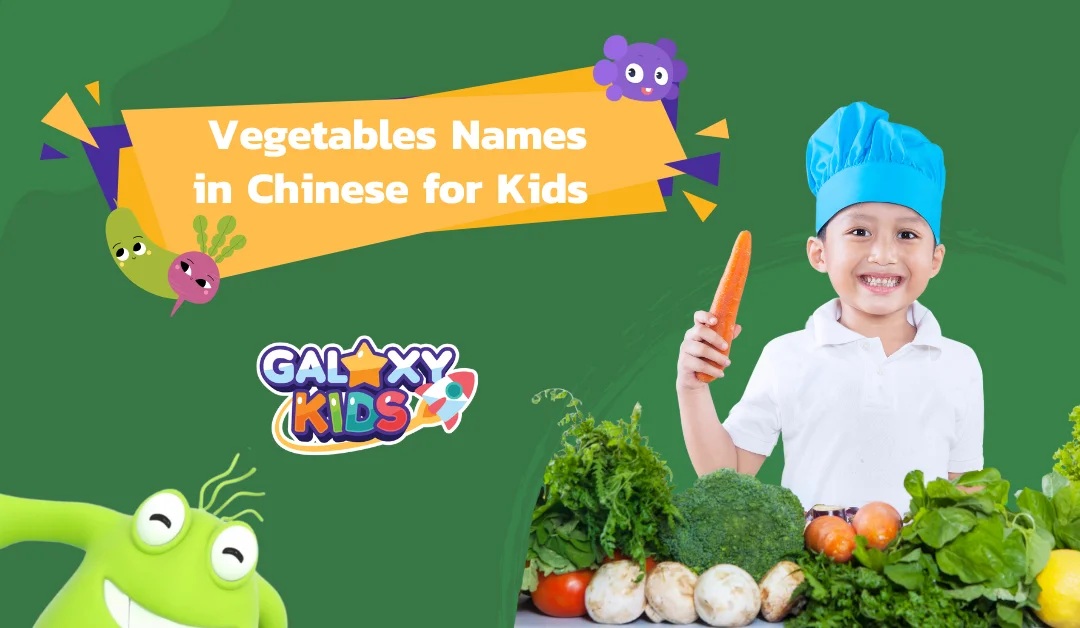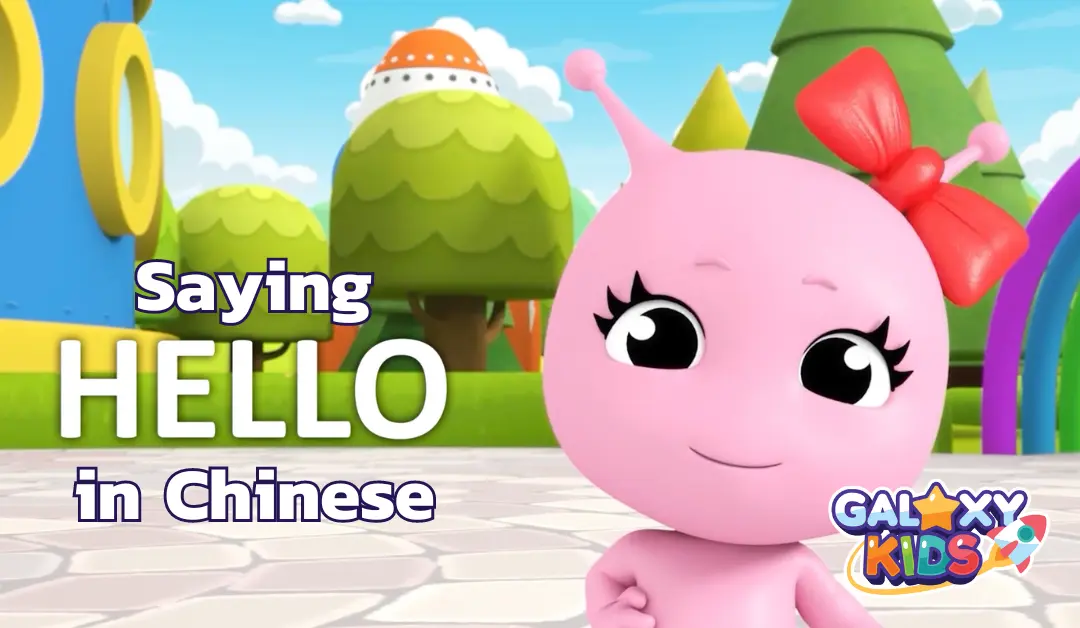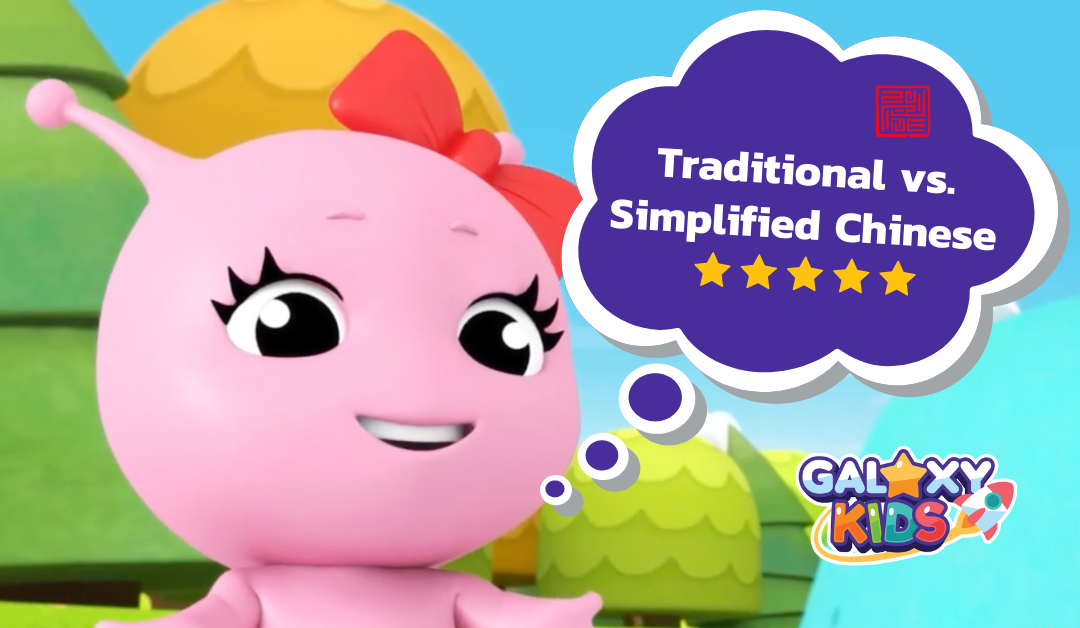
Learning Mandarin can seem like a daunting task because it is so different from English. Even though there are some big differences, understanding these differences are what will make learning Mandarin a lot easier.
Here are 5 differences between Mandarin and English to help you learn and understand Mandarin!
1) Tone
Mandarin is a tonal language which means tone is very important when understanding and saying a word. There are four different tones in Mandarin. For example, “ma” can mean four different words depending on your tone.
mā | 妈 | mother |
má | 麻 | hemp |
mǎ | 马 | horse |
mà | 骂 | scold |
There are many words in Mandarin which sound the same to a beginner but mean completely different things in Mandarin. Learning the four tones is very important when learning Mandarin.
2) Pinyin and Chinese Characters
When learning Mandarin, you will notice that Chinese characters are also written in romanized spelling called “pinyin.” Pinyin makes it easier to read and speak Chinese. Even though pinyin is helpful when learning Mandarin, it is still important to learn Chinese characters alongside pinyin since there are a lot of words in Chinese that are not easy to understand if you only know pinyin.
Remember that the same set of letters can mean completely different things depending on the tone. Learning the Chinese characters will make it easier for you to differentiate between these similar sets of letters since they are most distinct in Chinese.
For example, “guo” can mean fruit (guǒ, 果), country (guó, 国 ), and to cross a road, (guò, 过). Guō (郭) is also one of the most common Chinese family names!
Chinese characters are very different from the English alphabet, but there are methods to make it easier to learn. Once you get the basics down, it becomes a lot easier to read more complex characters.
3) Most Chinese plural forms stay the same.
In English, we change the noun to indicate singular form or plural form, but you don’t need to do this in Chinese. Whether you’re talking about one bird or one thousand birds, the word “bird” (niǎo, 鸟) stays the same! This is the case for most nouns. Some exceptions include groups of people like men, women, teachers, or students.
4) No need to conjugate verbs in Mandarin
Conjugating verbs can be very difficult for people learning English, but you don’t need to do this when learning Mandarin. That means you don’t need to memorize verb tenses in Mandarin!
For example, “eat” is changed to “ate” to indicate the past tense and “eating” for the present continuous tense. But in Mandarin, “eat” is 吃 (chī), can be used for the past, present, and future.
5) Sentence structure
The sentence structures between Chinese and Mandarin have some similarities. Just like in a simple English sentence, a simple Chinese sentence also follows the subject + verb + object sentence pattern.
For example:
Example: He plays ball. tā dǎ qiú. ( 他打球。) The placement of the subject, verb, and object are the same in Chinese.
There are differences however when using adverbs. In English, you can place the adverb in different parts of the sentence but in Chinese, the adverb must be placed before the verb and after the subject.
In English, we can say:
Often, I go to the park.
I often go to the park.
I go to the park often.
But in Chinese, you must say:
I often go to the park. (wǒ jīng cháng qù gōng yuán. (我经常去公园。)
There are many more examples of how a Chinese sentence differs from English, but that can be an entire post in itself!
I hope that these examples not only show you the big differences between English and Mandarin, but that knowing these differences makes it easier for you to learn Mandarin!







